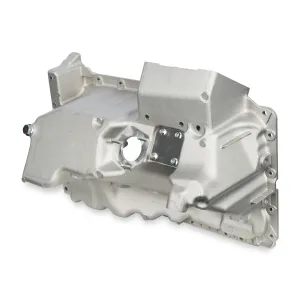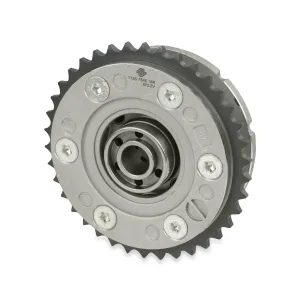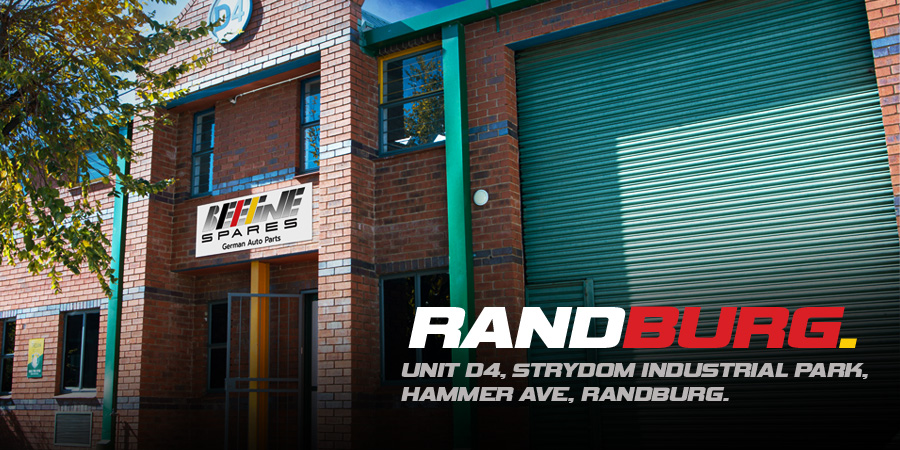

WHY IS MY BMW'S ENGINE OVERHEATING?
Common Causes and Practical Solutions
Few things are more frustrating than seeing your BMW’s temperature light come on while stuck in peak traffic. Engine overheating is much more than just an inconvenience – it can cause serious damage to your BMW’s engine if you ignore it. Knowing what to look for can prevent most overheating issues before they turn into costly repairs or catastrophic failures.
We’ve compiled a list of five most common occurring car overheating issues – and what you can do when they occur.
Coolant Leaks or Low Coolant Levels
One of the most common reasons for engine overheating is a coolant leak. This may be caused by cracked hoses, leaking radiators or faulty expansion tanks. Your BMW’s cooling system simply cannot dissipate heat effective without enough fluids. High-performance engines, like BMWs need efficient cooling and a lack of coolant can quickly cause your heat gauge to shoot up.
What to do: Look for any puddles under your vehicle and ensure you inspect your coolant reservoir regularly and top up when necessary. Preventative maintenance is key – periodically inspect your cooling system for radiator cracks, brittle coolant tanks, cracked pipes or loose clamps. Preventing coolant leaks will spare you from many vehicle overheating issues.
Thermostat Failure
Your BMW’s thermostat regulates the coolant flow between the engine and radiator. A common failure on older BMW models is the thermostat getting stuck in the closed position – this cuts off all coolant supply to your BMW’s engine and will cause rapid car overheating.
What to do: Thermostats are relatively inexpensive and is definitely worth replacing if your BMW’s experiencing sudden temperature spikes. Another indicator of a failing thermostat is if your heater isn’t blowing warm air – a stuck thermostat might be the culprit.
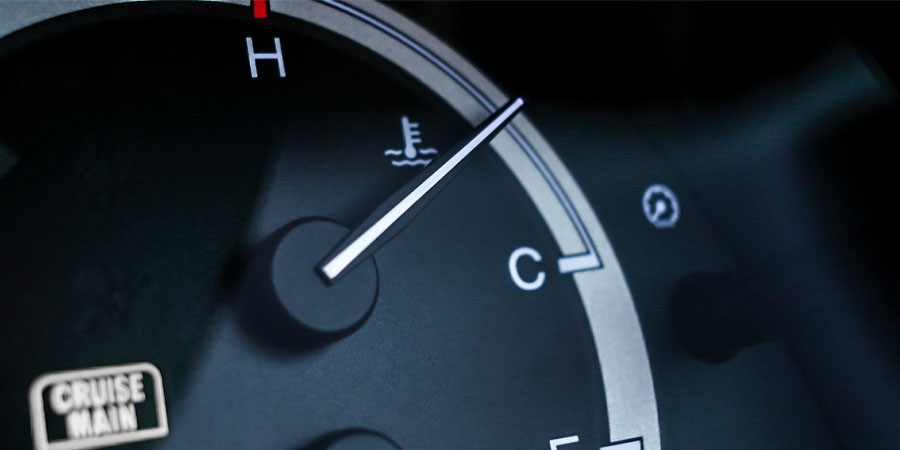

Thermostat Failure
Your BMW’s thermostat regulates the coolant flow between the engine and radiator. A common failure on older BMW models is the thermostat getting stuck in the closed position – this cuts off all coolant supply to your BMW’s engine and will cause rapid car overheating.
What to do: Thermostats are relatively inexpensive and is definitely worth replacing if your BMW’s experiencing sudden temperature spikes. Another indicator of a failing thermostat is if your heater isn’t blowing warm air – a stuck thermostat might be the culprit.
Radiator Problems
Your radiator is the heart of your cooling system. If it’s blocked, dirty, or leaking, it won’t be able to dissipate heat properly, especially in South Africa’s hot climate and dusty roads. Radiators can also corrode internally over time, reducing their efficiency and leading to engine overheating.
What to do: Flush your cooling system every 2–3 years and keep an eye out for rust, scale, or visible damage. Replacing an old or inefficient radiator can save your engine from major damage.
At Beeline Spares, we stock a wide range of BMW service parts to make your life easier. Browse our selection to find the right part for you.
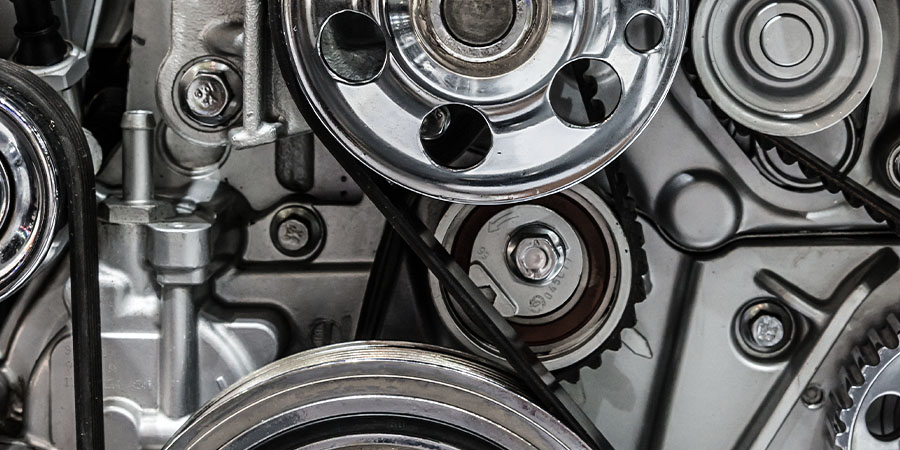
Water Pump Failure
The water pump ensures coolant flows throughout your engine. A failing pump—whether due to worn bearings, corrosion, or a broken impeller—can severely limit coolant flow, leading to quick and severe car overheating.
BMWs, especially the 3 Series and 5 Series, are known for water pump issues as they age. If you hear whining noises from the engine bay or notice leaks near the front of the engine, your water pump may be on its way out.
What to do: Don’t wait. Replacing a water pump is a lot cheaper than dealing with a warped cylinder head or blown head gasket.

Water Pump Failure
The water pump ensures coolant flows throughout your engine. A failing pump—whether due to worn bearings, corrosion, or a broken impeller—can severely limit coolant flow, leading to quick and severe car overheating.
BMWs, especially the 3 Series and 5 Series, are known for water pump issues as they age. If you hear whining noises from the engine bay or notice leaks near the front of the engine, your water pump may be on its way out.
What to do: Don’t wait. Replacing a water pump is a lot cheaper than dealing with a warped cylinder head or blown head gasket.
Electric Fan or Sensor Malfunctions
Many newer BMWs rely on electric fans to cool the engine, especially during idling or slow driving. If the fan isn’t switching on, or if the coolant temperature sensor is giving incorrect readings, the cooling system won’t engage when it should—causing unexpected engine overheating.
What to do: Have your fan, relays, and sensors checked. A diagnostic scan at your local BMW specialist can quickly reveal electrical faults before they lead to bigger problems.
Final Thoughts
Car overheating is one of those issues that can go from minor to catastrophic in a matter of minutes. Whether it’s a faulty thermostat, leaky radiator, or tired water pump, acting fast can save you from major repair bills down the line. At Beeline Spares, we stock high-quality BMW parts—new and used—to help you fix the problem affordably and reliably. Don’t ignore the signs. If your engine is overheating, get in touch or visit us to find the right part, right away. Let us help you keep your Beemer cool on South African roads—because nothing ruins a drive quite like engine overheating. Get in touch with our expert sales team to source reliable engine cooling parts for your BMW.
Disclaimer: The content provided on the Beeline Spares blog is for informational purposes only. While we aim to offer helpful tips and guidance, Beeline Spares will not be held liable for any damage, injury, or loss resulting from individuals working on their own vehicles. Always consult a qualified mechanic when in doubt.





